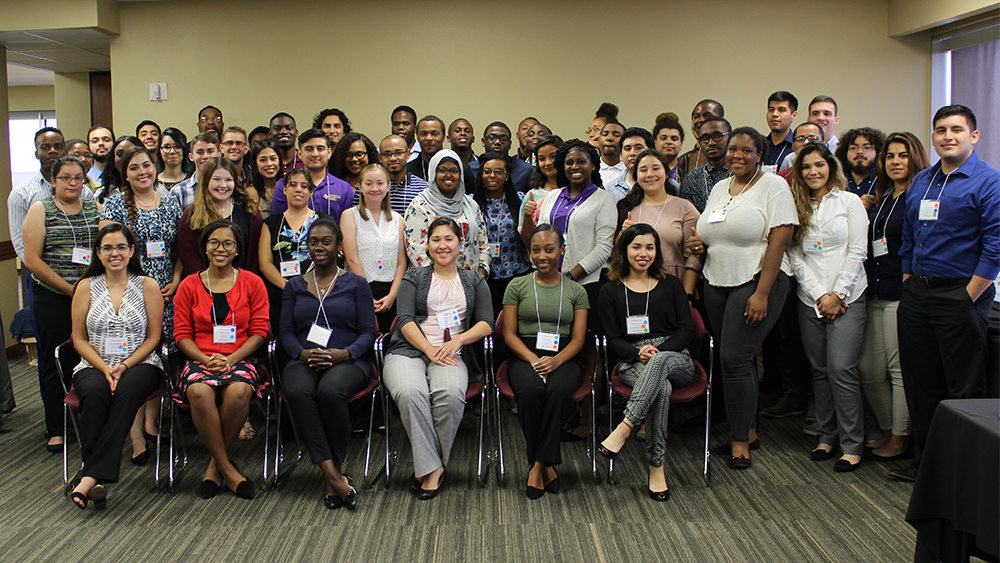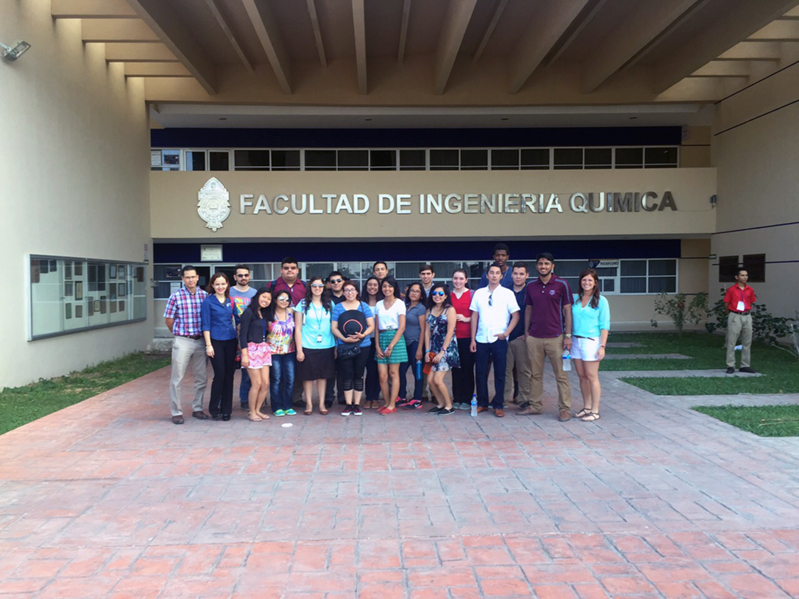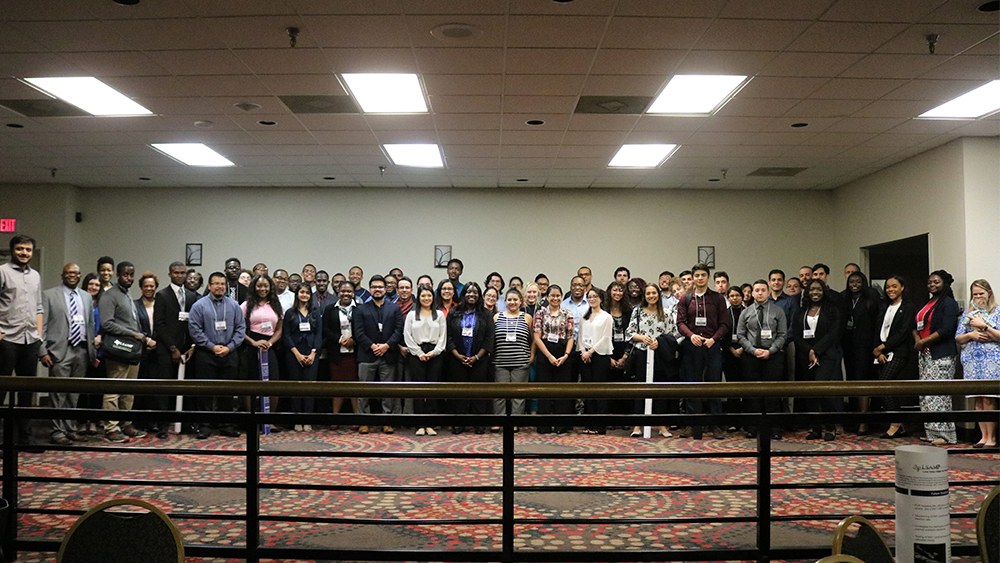
The National Science Foundation (NSF) recently awarded the Texas A&M University System Louis Stokes STEM Pathways and Research Alliance (LSAMP) $4 million to implement programmatic initiatives to increase engagement and enhance the success of underrepresented minority students in STEM and conduct research to explore the impact of research mentoring, grit and persistence on underrepresented minority student success in STEM.
According to Dr. Angela Duckworth, grit is the ability to persist and persevere because of your motivation for a long-term goal. Duckworth is the Christopher H. Browne Distinguished Professor of Psychology at the University of Pennsylvania, where she studies grit and self-control.
“It’s important to research what leads to student success so we can transform engineering education and the STEM career landscape, and allocate resources to support the transformation,” said Dr. Karen Butler-Purry, principal investigator (PI) for the project, professor of electrical and computer engineering, and associate provost for graduate and professional studies at Texas A&M University.
LSAMP is comprised of original members Texas A&M, Prairie View A&M University and Texas A&M University-Corpus Christi, plus a new member, Texas A&M International University.
The team is including two new Texas A&M researchers: Dr. Reuben May, presidential professor of sociology, and Dr. Christine Stanley, professor of higher education and co-PI on the grant. She is an expert in the area of diversity and social justice in higher education, faculty development and college teaching.
“I am excited to be involved in the Louis Stokes Alliance for Minority Participation grant with my colleagues in the College of Engineering. This NSF-sponsored grant has the potential to impact recruitment and retention of current and future students in STEM," Stanley said.Going global

Programmatic initiatives will include a robust academic year undergraduate research program, international research experiences and a multipronged mentoring strategy. For their high-impact research abroad experience, students will be visiting the Yucatán and Belize.
“I am motivated to provide these different types of experiences to students because it broadens their image of themselves as a STEM scholar,” said Butler-Purry.
Having a high-impact experience where an undergraduate can apply their skills in a realistic setting such as in a laboratory or on a study abroad trip greatly impacts their matriculation to graduate school because they can see themselves there and have an idea of what they would be doing.
Got grit?
The group will analyze mentoring relationships between faculty and students to assess the growth of grit. After they gather the data, they hope to be able to train educators on how to best mentor students to foster success.
“Mentorship is about finding out what that person really aspires for and helping them decode what they need to do to meet their own goals,” said Dr. Karan Watson, the PI for the project from 1993-2017 and Regents Professor for the College of Engineering. “Sometimes people think they’re mentoring when really they’re advising a student on how to be like them, or how to get over one hurdle.”
“Grit will take a student through hard times to success,” said Watson. “Often, it’s not the student with the highest GPA that will succeed in life, but the student with the most motivation, work ethic and resilience. We want our students to know how they're going to contribute their uniqueness to society through their field.”
Part of their research analyzes the effect undergraduate research and mentors have on grit. “When students engage in research, they see that a difference can be made in their field and it can spark a long-term goal that transcends simply completing another semester,” said Watson.
26 years of success

The project builds on a 26-year track record of success by Texas A&M University System LSAMP.
Working with LSAMP schools from across the nation allows Texas A&M to have a broader perspective on issues and collaborate on concrete solutions that will help students thrive. Their combined findings led to the discovery that social capital is key to the success of individuals.
Social capital is about ensuring support systems are in place to make somebody feel like they are welcome, like they belong and their success is important to the institution.
Although the idea of social capital existed even before the 90s, LSAMP studies have contributed to increased support for first-generation students and the creation of living learning communities.
“Our evidence-based research has led to many best practices for universities,” said Butler-Purry. “We now know that undergraduate research develops a sense of self efficacy for students that can inspire them to pursue graduate studies.” Once the study is complete, a broad dissemination of results will inform evidence-based practices in the design and implementation of strong mentoring of underrepresented minorities in undergraduate research experiences.
“From the student perspective, when we don’t support underrepresented minority students in STEM, they are missing out on the opportunity to achieve at their fullest capability,” said Butler-Purry. “It’s also important for other students to be able to experience and learn in a diverse environment for their long-term success. Plus, it’s just the right thing to do.”
“We have to make sure potential engineers aren’t accidentally or systemically cut out from the field,” said Watson. “Greater diversity in the workforce means a greater diversity of ideas. People who come from different backgrounds will look at a problem differently, leading to better engineering solutions for the world.”